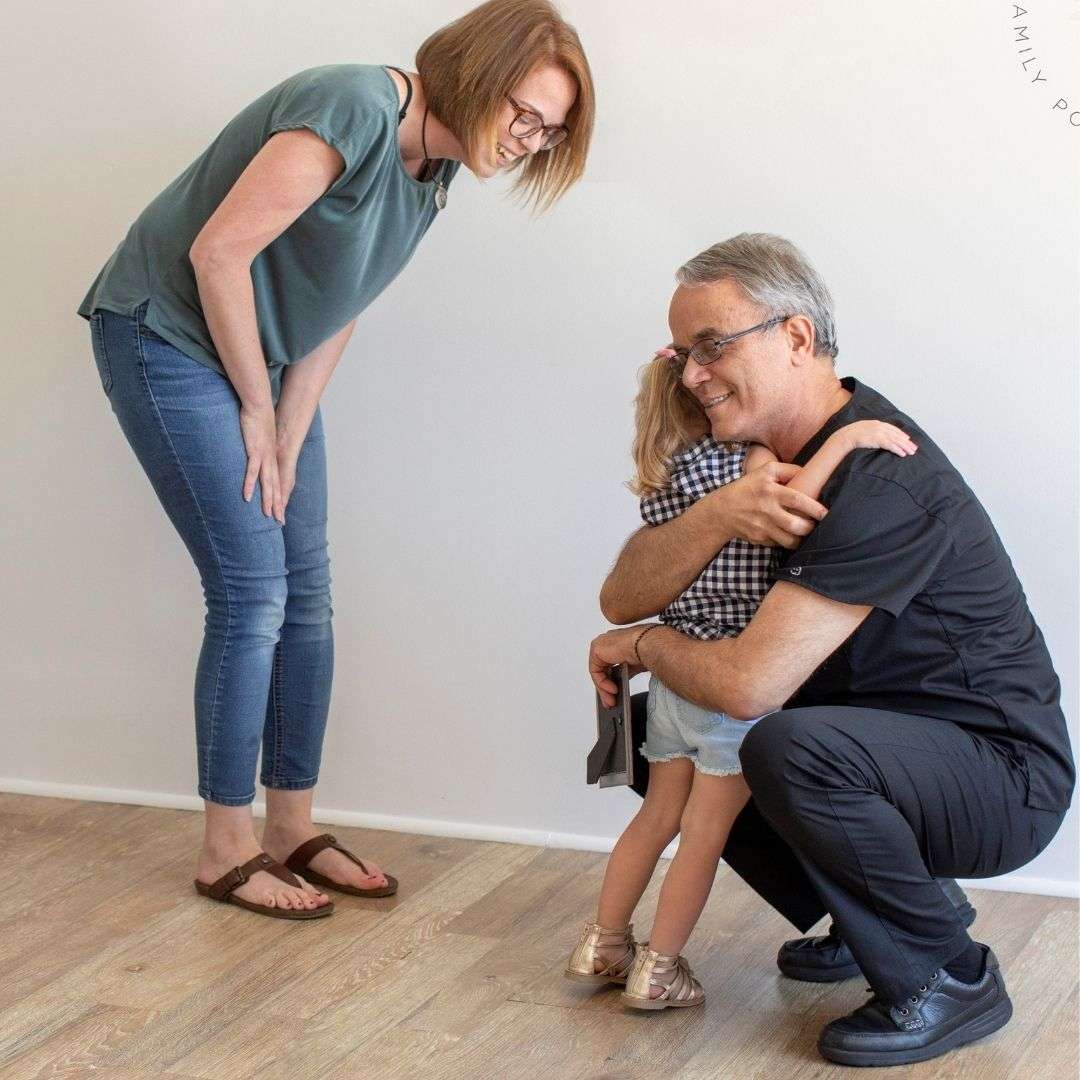What is a fertility work-up?
Whether you’re ready to have a baby or just want to learn more about your options for fertility preservation, a fertility work-up is the first step.
At your visit, you will be greeted by a fertility care coordinator who will review the new patient visit checklist and your insurance with you. You will then meet with a member of our clinical care team who will review your medical history and, depending on the purpose of your visit, perform an ultrasound and lab work. Our clinical care team will also discuss the benefits of genetic carrier screening and you will have the option to test. During the consult with your physician you will discuss your medical history, family planning goals, and review the results of available tests. Your doctor will work with you and your partner (if applicable) to create a personalized treatment plan.
How to prepare
-
Complete the new patient checklist
-
Bring your insurance card, identification card, and co-pay
-
Bring anyone who will be involved in your fertility journey such as your partner(s) or known donor.
-
Allow 90 minutes for your appointment
-
Out of consideration for patients who are struggling with infertility, we do not allow children in the waiting room or office
When should I get a fertility work-up?
You should get a fertility workup as soon as you are considering using assistive reproductive technology (ART).
A fertility work-up can save time and money in the long-run as is can discover any fertility challenges that would make some methods of ART less productive than others.
Who is a fertility work-up right for?
All prospective parents can benefit from the information in a fertility work-up!
If you have undergone gender-affirming hormone therapy, you may wish the receive a work-up to see the status of your hormone levels and reproductive cells. If you are older than 35, a work-up can assess your current fertility capabilities. If you have a partner and you’re not sure which of you is more ideal for contributing genetically to a pregnancy, a work-up can help you decide.
Even if you do not intend to use your genetic material or carry a pregnancy, knowing about your partner’s health ahead of time can help you strategize about other options. Going through a fertility check-up can also help build critical empathy between partners– the partner knows more about what the patient is experiencing and can provide even more effective support along the way.


